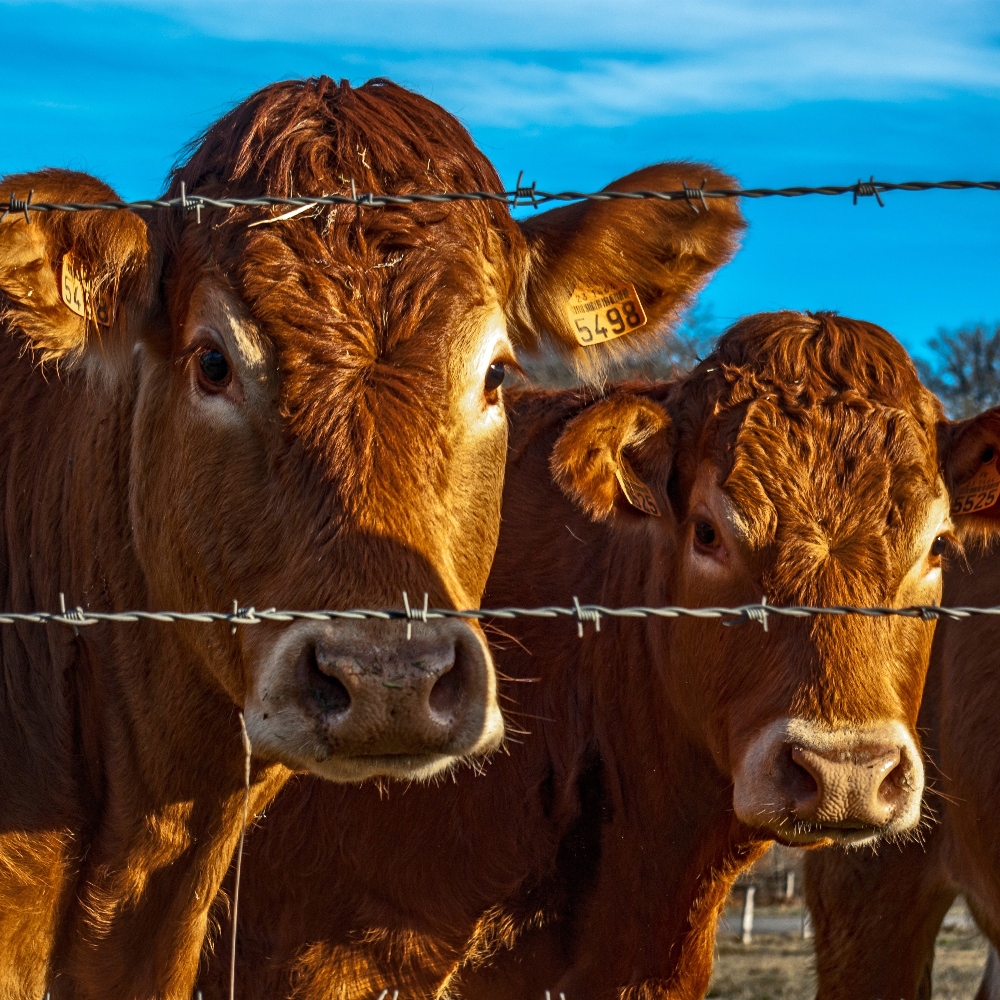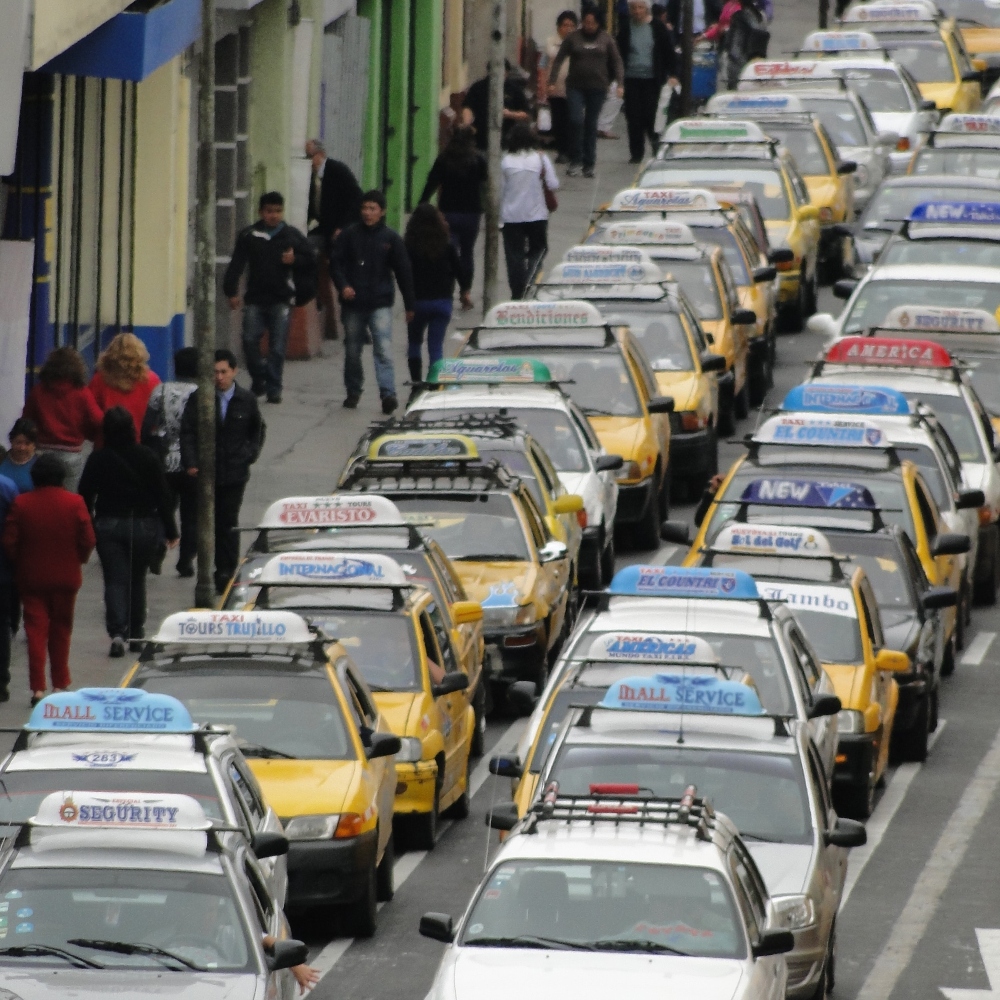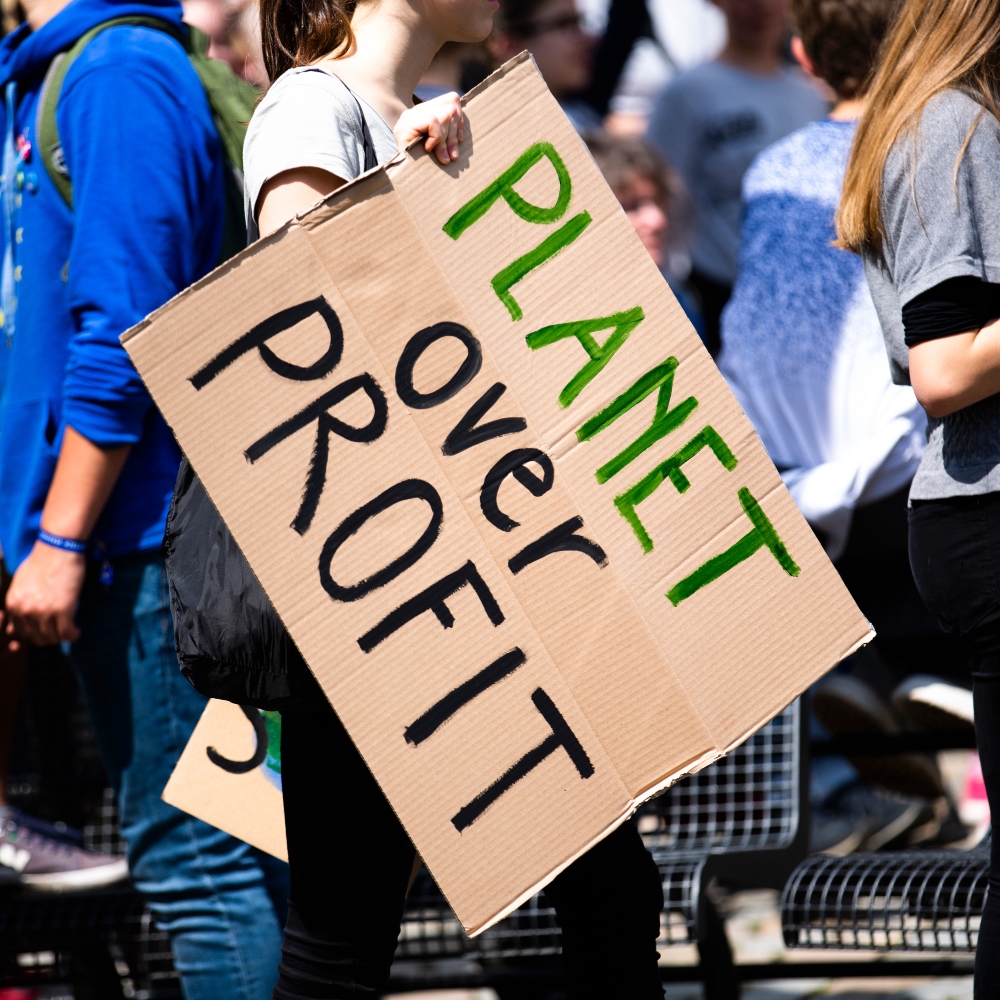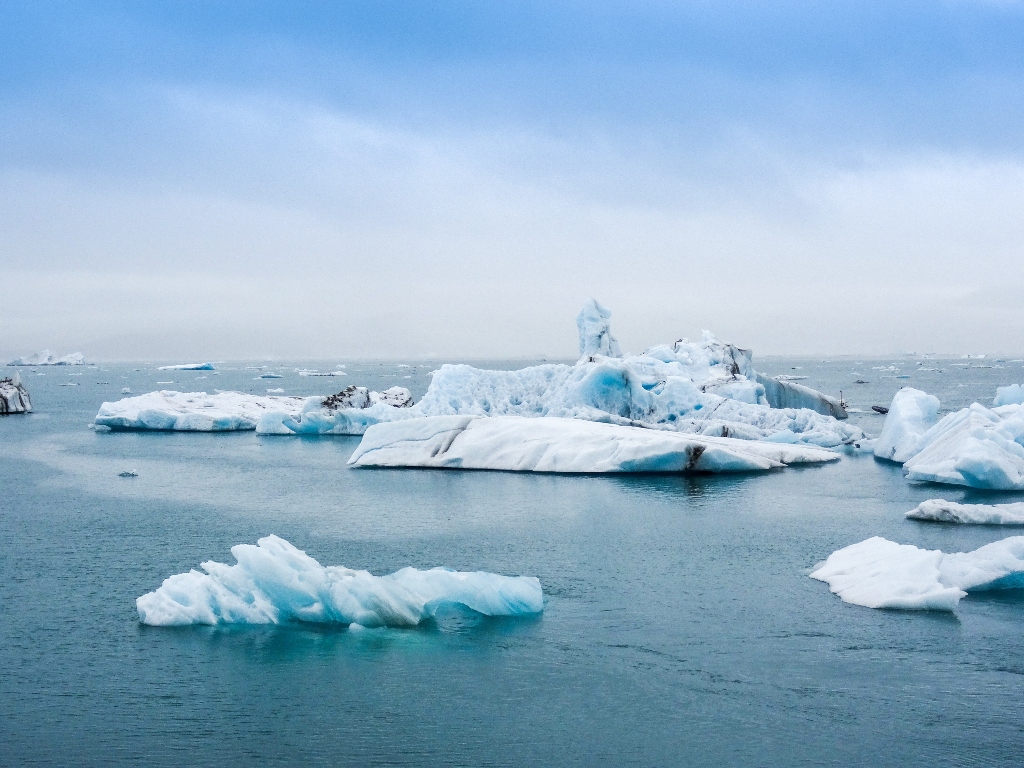Is Global Warming Real? The Short Answer Is Yes, And Here’s Why
6 Mins Read
Is global warming real? That’s the consensus from the scientific community, but there’s a lot to unpack.
In 1856, American scientist Eunice Foote released a paper that described how an odorless gas, called carbon dioxide, could absorb heat. She concluded: “An atmosphere of that gas would give to our earth a high temperature.”One century later, in the 1950s, as industries were pumping more and more carbon dioxide into the atmosphere, experts started to worry that this hypothesis was, in fact, correct. And now, in 2022, more than 99 percent of scientists agree: global warming caused by carbon dioxide and other greenhouse gasses is real. And, if we don’t act soon, the consequences could be catastrophic.
What is Climate Change?
Climate change refers to “long-term shifts in temperatures and weather patterns,” according to the United Nations. Right now, the planet is heating up, which is why this period of climate change is often referred to as global warming.
The earth is currently warmer than it has been for 125,000 years. Compared with average temperatures from 1850 to 1900, it has increased by around 1.1 °C. While the climate has changed many times over the centuries (take the ice age, for example), this pattern of global warming is different. It is predominantly driven by human activity.
Many of the world’s biggest industries (everything from transportation to fashion) rely on fossil fuels, like coal or oil. And when these are burned, they release greenhouse gasses, like carbon dioxide and methane. As the name suggests, these gasses behave like a greenhouse, trapping heat into the atmosphere.
Forests can sequester carbon dioxide (which means they pull the gas from the air). But when they are destroyed—which often happens in agriculture to clear land for cattle grazing—the opposite effect happens. The Amazon, for example, used to be a carbon sink. However, last year it was revealed that for the first time ever, the rainforest was emitting more carbon dioxide than it could absorb.

Is Climate Change Real?
A significant body of research proves to the world that climate change—also now often referred to as the climate crisis or the climate emergency—is real.
Last year, the United Nations’ Intergovernmental Panel on Climate Change (IPCC) released a report, which was compiled by 200 scientists and approved by 195 governments, warning that rising temperatures are an “immediate threat.” It linked fossil fuel dependence and the resulting greenhouse gasses to extreme weather, like wildfires, droughts, and floods. The IPCC has been compiling reports of this nature since the 1990s.
Inger Anderson, the executive director of the United Nations Environment Program, expressed her thanks to the authors of the 2021 report, and wrote in a statement: “You have been telling us for over three decades of the dangers of allowing the planet to warm. The world listened, but it didn’t hear. The world listened, but it didn’t act strongly enough.”
“As a result, climate change is a problem that is here, now. Nobody is safe. And it is getting worse faster.”
This statement came one year before the spring and summer of 2022, which saw record-breaking climate catastrophes around the world.
In July, London recorded highs of 40° C for the first time ever, prompting a danger-to-life warning from the country’s Met Office. In August, China experienced the worst heatwave in history, which brought 70 days of 40° C heat. And in the first half of 2022, a severe drought in Somalia saw around 500,000 people displaced.
From June to August, Pakistan also suffered devastating floods that killed more than 1700 people and left more than two million without homes. As well as record-breaking monsoons, sudden releases of water from melting glaciers made the situation worse.
In September, António Guterres appealed for more help for Pakistan. He said in a statement: “We are heading into a disaster. We have waged war on nature and nature is tracking back and striking back in a devastating way. Today in Pakistan, tomorrow in any of your countries.”

CO2 Emissions
Carbon dioxide is, without a doubt, the biggest contributor to global warming. It accounts for more than three-quarters of planet-heating greenhouse gasses. The others include methane (16 percent) and nitrous oxide (six percent).
According to Our World In Data, every year, we emit 34 billion tons of CO2. (To put that in perspective, in 1950, that figure was about 6 billion tons.)
According to the United States Environmental Protection Agency, 27 percent of greenhouse gas emissions come from the transportation sector, 25 percent from electricity production, 24 percent from industry, 13 percent from commercial and residential, 11 percent from agriculture, and 13 percent from land use and forestry.
In terms of countries, among the top emitters since 1990 are China, the US, India, Canada, Germany, Brazil, and the UK. Unfortunately, many of the countries that are already suffering the most, like Pakistan and Somalia, contribute the least to climate change.
It is difficult for individuals alone to have an impact on reducing CO2 emissions, but there are things people can do. In 2020, one study suggested that going car-free could save around 2.04 tons of CO2 equivalent per person every year. Using renewable energy could save 1.68 tons, and following a vegan diet could save 0.8 tons.
Dietary changes have been repeatedly touted as one of the easiest ways for a person to reduce their impact on the planet. This is because animal agriculture not only emits carbon dioxide but also methane, a potent greenhouse gas with 80 times the warming power of carbon dioxide.
It also drives deforestation, which increases emissions. Research suggests that the beef industry drives deforestation five times more than any other industry.

Paris Agreement Targets
It’s important for individuals to consider the impact of their actions on the planet, but the biggest changes are going to come from government intervention.
There is a long way to go, but some action has been taken. In 2015, several countries negotiated a legally binding international climate change treaty called the Paris Agreement (named as such because it was signed at a UN climate change conference in Paris).
The goal of the treaty—which now counts 192 countries as members, as well as the European Union—is to limit global warming to well below 2° C, but ideally, below 1.5° C, compared with pre-industrial levels. Other long-term goals include providing developing countries with financial support to fight climate change.
Every five years, countries are reviewed for their contribution to climate crisis mitigation and must submit a climate action plan.
The problem, however, is that many countries aren’t coming through on their commitments. In the summer, the UK’s net-zero strategy was found to be not only inadequate but unlawful by the High Court. And just recently, reports stated that Brazil will miss the Paris Agreement’s targets by 137 percent if Jair Bolsonaro—the current president, who is known for his lack of credible climate action—wins the upcoming election.
There is no doubt that the Paris Agreement helped to put the climate crisis on everyone’s agenda. But if we are going to really mitigate global warming, more urgent action from global leaders is essential.
“It’s time to get serious because every tonne of CO2 emission adds to global warming,” continued Anderson in her 2021 statement, before calling for governments to “decarbonize faster” and restore “natural systems that draw down carbon,” among other actions.
She added: “We can’t undo the mistakes of the past. But this generation of political and business leaders, this generation of conscious citizens, can make things right.”
Lead image courtesy Pexels.



